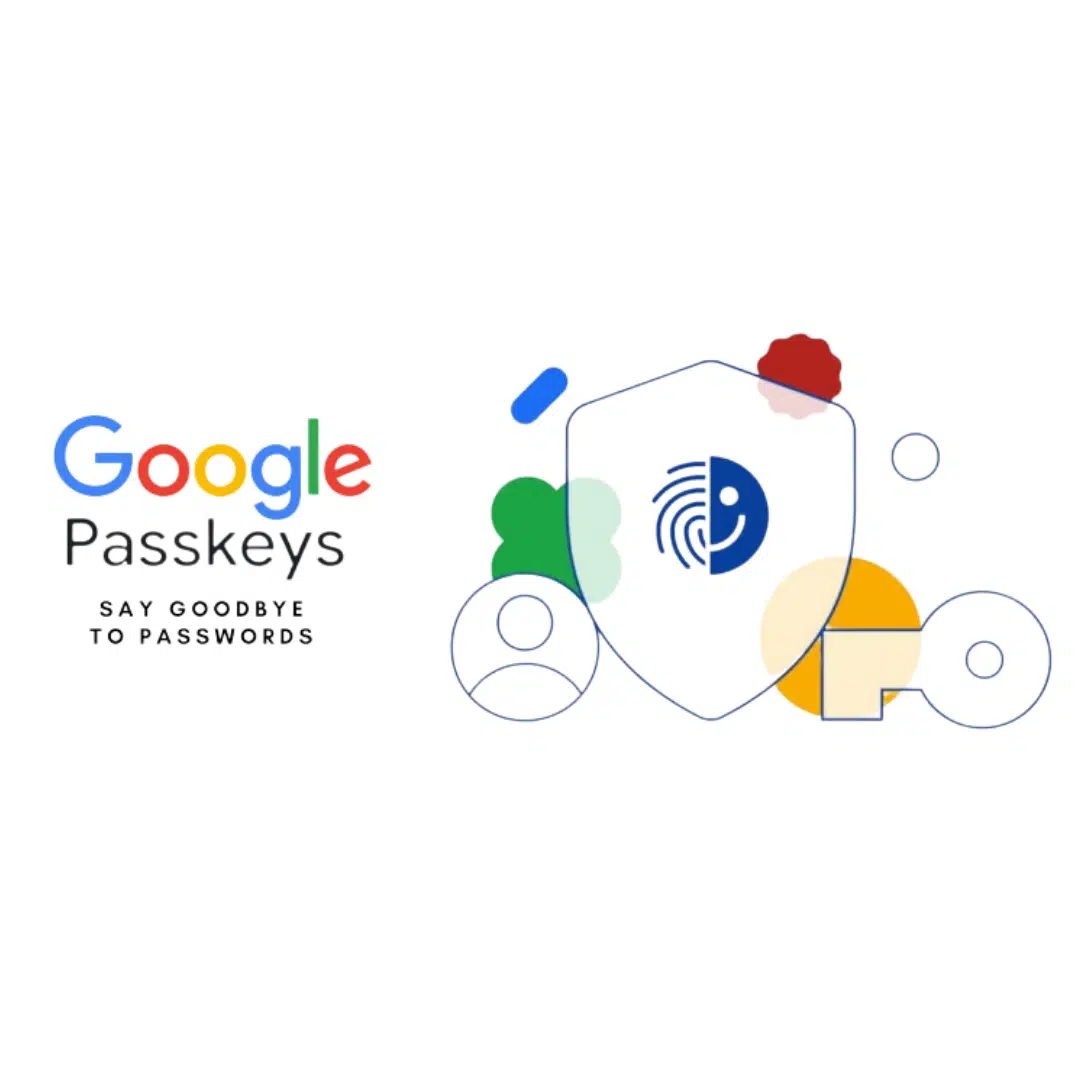

In today’s digital age, online privacy has become more critical than ever. With cyber threats lurking at every corner of the internet, it’s essential to take proactive measures to protect yourself and your information. Whether you’re an individual or a business owner, understanding the basics of cyber security is crucial to safeguarding your online presence. In this article, we will explore ten essential cyber security tips that will help you fortify your defenses and maintain your privacy online. From creating strong passwords and using two-factor authentication to keeping your software up to date and being cautious of phishing attempts, these tips will empower you to navigate the digital landscape with confidence. So, let’s dive in and discover how you can take control of your online privacy and ensure a safe and secure experience in the digital world.
In a world where our lives are increasingly intertwined with technology, protecting our online privacy has become a matter of paramount importance. From personal information to financial data, our digital footprint contains a wealth of sensitive information that can be exploited by cybercriminals. Online privacy is not just a matter of personal security; it is also essential for maintaining trust in digital transactions and ensuring the integrity of online communication. Without robust privacy measures in place, our personal and professional lives can be compromised, leading to identity theft, financial loss, and reputational damage. Therefore, it is crucial to understand the importance of online privacy and take proactive steps to safeguard it.
Before we delve into the essential cyber security tips, let’s first familiarise ourselves with some of the most common cyber threats that we may encounter in our online journeys. Cybercriminals are constantly evolving their tactics to exploit vulnerabilities and gain unauthorised access to our devices and data. Understanding these threats will help us better identify and mitigate potential risks. Some of the most prevalent cyber security threats include:
Now that we have a basic understanding of the threats we face, let’s explore the ten essential cyber security tips that will help protect your online privacy:
One of the simplest yet most effective ways to enhance your online security is by using strong and unique passwords for each of your online accounts. Weak passwords can be easily cracked by hackers using brute force attacks or by exploiting common password patterns. To create a strong password, follow these guidelines:
Remember, using the same password for multiple accounts is a significant security risk. If one account is compromised, all your other accounts become vulnerable. So, be sure to use unique passwords for each online service you use.
Two-factor authentication (2FA) adds an extra layer of security to your online accounts by requiring you to provide two forms of identification: your password and a unique verification code. This code is typically sent to your mobile device or generated by an authentication app. Enabling 2FA significantly reduces the risk of unauthorized access, even if your password is compromised. To set up 2FA:
By enabling 2FA, you add an extra layer of protection to your accounts, making it much harder for attackers to gain unauthorised access.
Keeping your software and devices up to date is a critical aspect of maintaining your online privacy. Software updates often include security patches that address known vulnerabilities and protect against the latest threats. Here are some best practices to ensure your software and devices are up to date:
By updating your software and devices promptly, you ensure that you have the latest security features and patches installed, reducing the risk of exploitation by cybercriminals.
Phishing attacks are one of the most common and effective methods used by cybercriminals to steal sensitive information. These attacks often involve deceptive emails, messages, or websites that appear legitimate but are designed to trick users into revealing their passwords, credit card details, or other confidential information. Here are some tips to help you avoid falling victim to phishing attacks:
By staying vigilant and adopting a skeptical mindset, you can protect yourself from falling prey to phishing attacks and keep your online privacy intact.
Using a Virtual Private Network (VPN) is an effective way to enhance your online privacy and security, especially when connecting to public Wi-Fi networks. A VPN encrypts your internet connection and routes it through a secure server, making it virtually impossible for anyone to intercept and decrypt your data. Here’s how you can use a VPN to protect your online privacy:
Enjoy the benefits of a secure and private internet connection. By using a VPN, you can browse the web anonymously, access geo-restricted content, and protect your sensitive information from prying eyes.
Securing your home Wi-Fi network is essential to prevent unauthorised access to your internet connection and the devices connected to it. Here are some steps you can take to secure your home Wi-Fi network:
By implementing these measures, you ensure that only authorised devices can connect to your Wi-Fi network, reducing the risk of unauthorised access and potential data breaches.
Regularly backing up your data is crucial in case of a data loss incident or a ransomware attack. By having a recent backup of your files, you can quickly recover and restore your data without paying a ransom or suffering significant data loss. Here are some best practices for data backup:
By incorporating regular data backups into your cybersecurity strategy, you can minimise the impact of data loss incidents and maintain your online privacy.
In the era of social media and digital communication, it’s crucial to be mindful of what you share online. Oversharing personal information can make you an easy target for cybercriminals and can compromise your online privacy. Here are some tips to help you protect your privacy online:
By being mindful of what you share online, you can maintain better control over your personal information and protect your online privacy.
Using reputable antivirus software is an essential component of your cybersecurity defense. Antivirus software helps detect and remove malware, viruses, and other threats that can compromise your online privacy. Here are some best practices for using antivirus software effectively:
By using reputable antivirus software, you add an extra layer of protection to your devices and reduce the risk of malware infections.
The field of cybersecurity is constantly evolving, with new threats and vulnerabilities emerging all the time. Therefore, it’s essential to stay informed about the latest trends, best practices, and security measures. Here are some ways you can educate yourself and stay informed:
By educating yourself and staying informed, you can adapt to the ever-changing cybersecurity landscape and make informed decisions to protect your online privacy.
In conclusion, protecting your online privacy is of utmost importance in today’s digital age. By following these ten essential cyber security tips, you can strengthen your defenses and maintain your privacy online. From using strong and unique passwords and enabling two-factor authentication to keeping your software up to date and being cautious of phishing attempts, these tips will empower you to navigate the digital landscape with confidence. Remember, cybersecurity is a continuous effort, and it requires staying informed, adapting to new threats, and implementing best practices. By taking control of your online privacy, you can ensure a safe and secure experience in the digital world. So, start implementing these tips today and fortify your defenses against cyber threats. Stay safe, stay private, and enjoy the benefits of the digital world!
You can simply rely on the high quality cyber security services of LeadOn Design as your cyber security agency in Australia. Our experienced experts provides you with fastest solutions to make your digital world safe for you.


